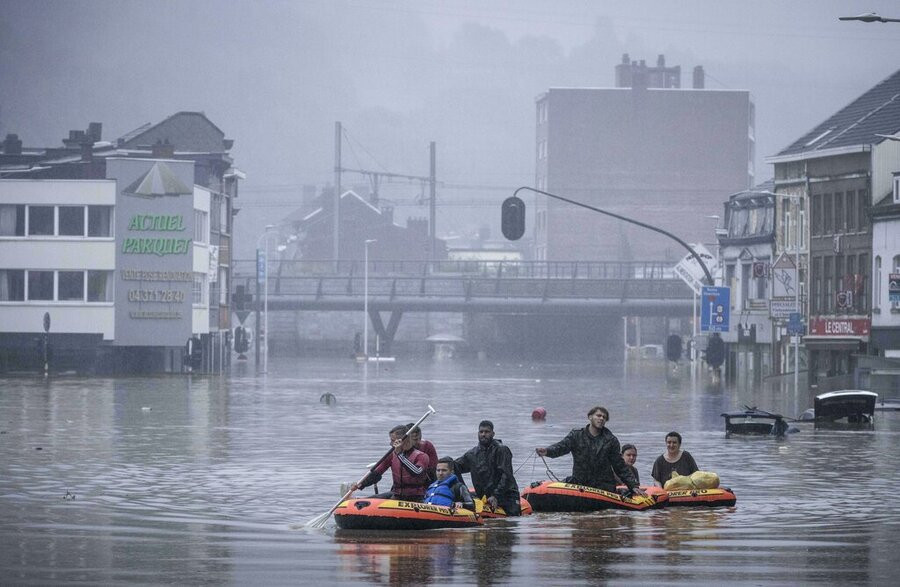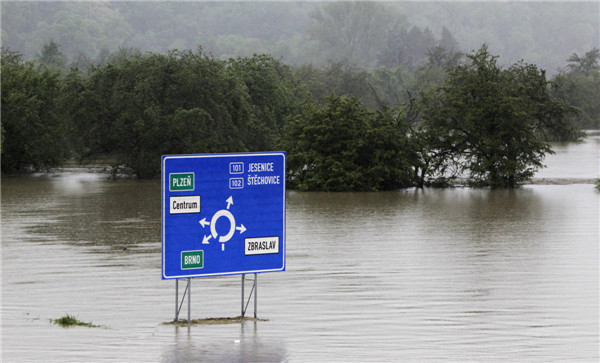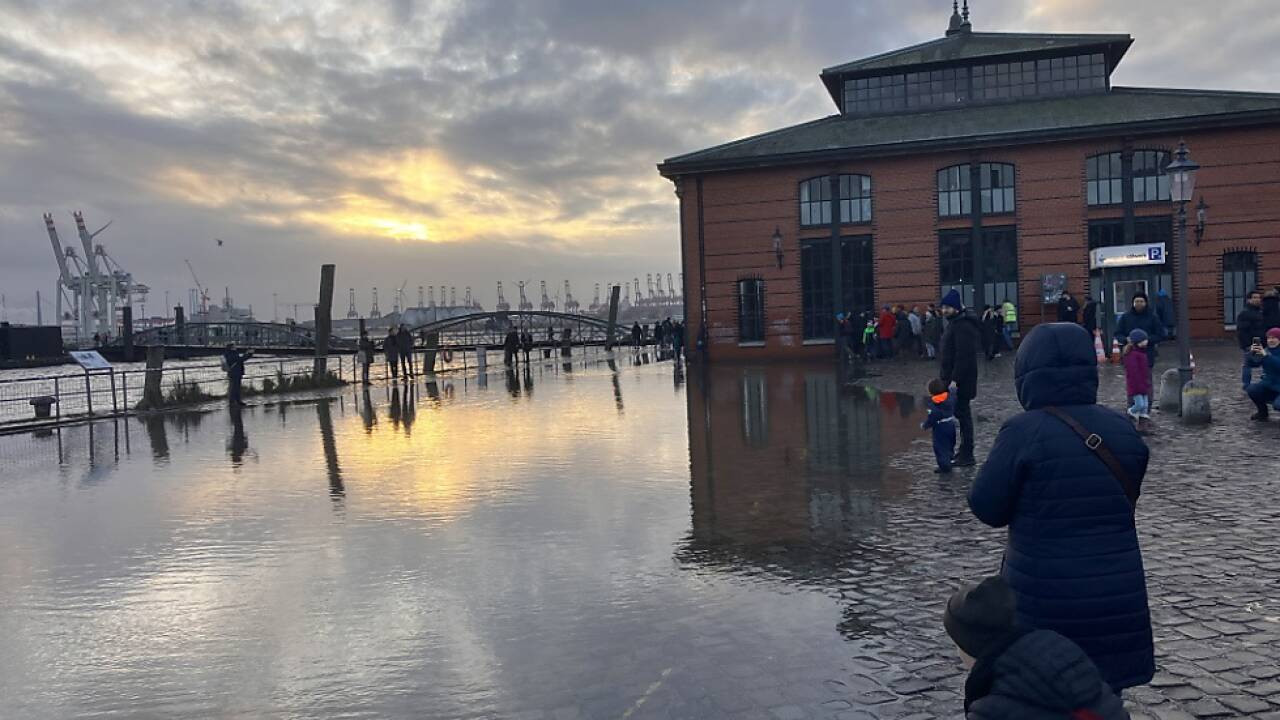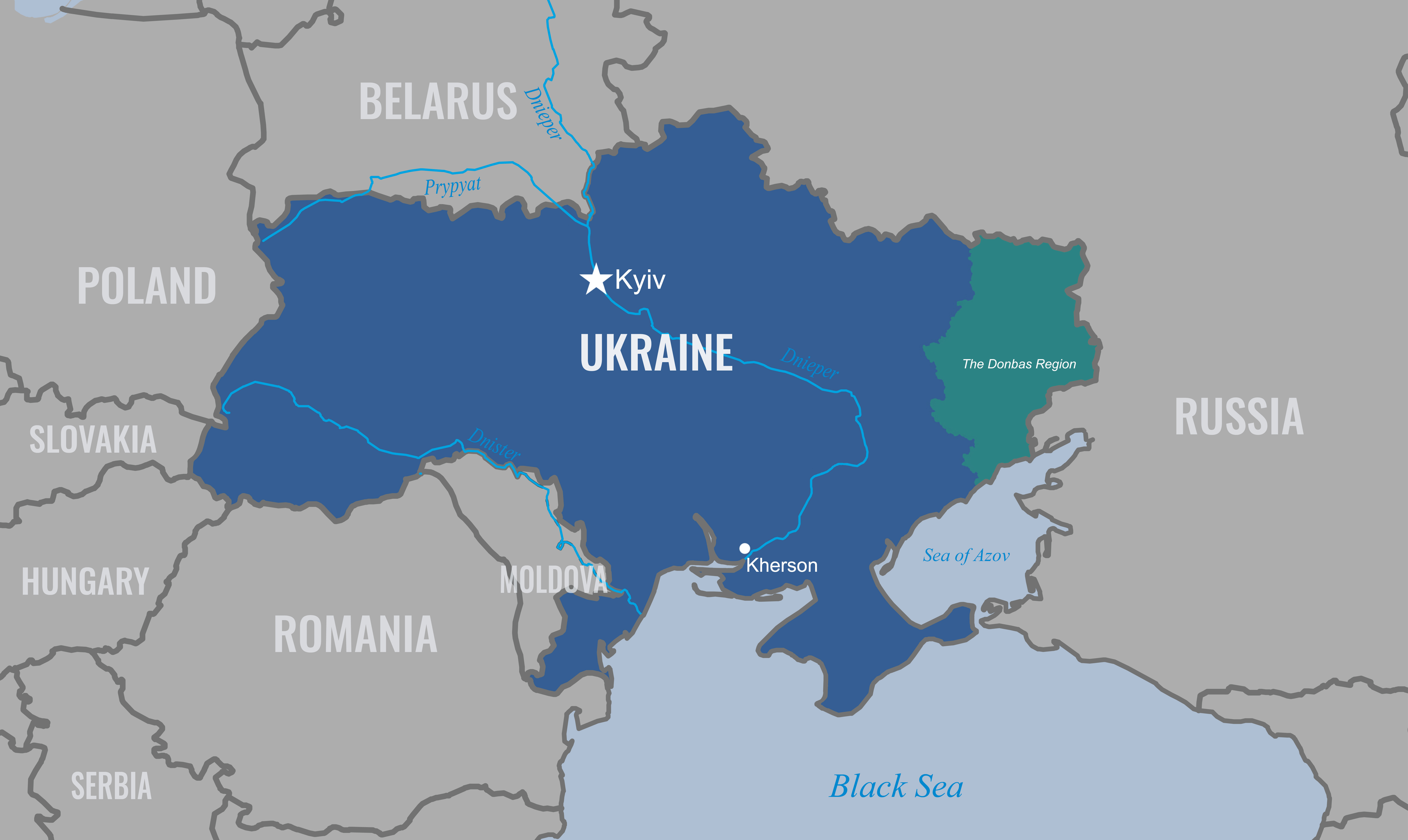The storm, dubbed Storm Boris, has brought a month's worth of rain to the region, causing widespread flooding and leaving thousands evacuated. In Romania, the storms have been the worst in 100 years, with four people found dead in their homes or yards. Hundreds of people have been rescued across the country, and emergency services have released a video showing flooded homes in a village by the Danube river.
The storm's impact has been felt across the region, with rivers bursting their banks in Poland and the Czech Republic. In Poland's south, authorities ordered the evacuation of residences in the town of Glucholazy. The level of the river Biala Glicholaska rose by two meters overnight into Saturday. Authorities are warning of the risk of flooding as heavy rain continues to pound areas near the Czech border.
Significant flooding is expected to continue in the Czech Republic, where authorities have ordered mandatory evacuations for some areas. Footage released by the Czech Republic Fire and Rescue Service showed flooded streets in the southern Benešově nad Černou municipality, where two women who didn’t follow evacuation orders had to be rescued by boat.
The situation is particularly precarious in the Czech Republic, where more than 60,000 households have been left without power after severe storms. The northwestern administrative region of Usti nad Labem, which borders Germany, was hardest hit, with more than 20,000 homes temporarily without power after trees fell on power lines in the strong winds.
In Germany, southern and eastern states in particular are preparing for flooding. Flood warnings have been issued for rivers in the state of Saxony. In neighboring Austria, heavy rainfall has caused water levels to rise in several rivers, leading to rescue services being called out to parts of the country overnight. The Austrian capital Vienna, has been particularly affected by the flooding, with emergency services making nearly 5,000 interventions overnight in the state of Lower Austria.
Austria declared over a dozen districts disaster zones, with officials warning that the Ottenstein reservoir in the west of the state could burst its banks.
The flooding has also caused disruption to public transport. Rail services were suspended in the country's east early Sunday and several metro lines were shut down in Vienna, where the Wien river was threatening to overflow its banks.
The flooding has been met with widespread concern and calls for action on climate change. “It’s clear that even highly developed countries like Germany are not safe from climate change,” said Friederike Otto, a senior climate science lecturer at the Grantham Institute. “As long as the world burns oil, gas and coal, heavy rainfall and other weather extremes will intensify, making our planet a more dangerous and expensive place to live.”
The storm is expected to continue for several days, with authorities urging residents to stay vigilant and prepare for the possibility of further flooding.
The Impact of Storm Boris on the Region
Flooding in Poland
In Poland, the situation is most critical in the southwest of the country, where the Biala Glucholaska river has overflowed its banks. The river level rose by two meters overnight into Saturday, causing significant flooding in the village of Glucholazy, which lies near the Czech border. Polish authorities have called in the army to support firefighters on the scene, and around 1,600 people have been evacuated in Klodzko, one of the worst affected areas in Lower Silesia near the Czech border.
Flooding in the Czech Republic
The Czech Republic has also been hit hard by the storm, with significant flooding expected to continue through the weekend. Authorities have ordered mandatory evacuations for some areas, and footage released by the Czech Republic Fire and Rescue Service showed flooded streets in the southern Benešově nad Černou municipality.
The flooding has also caused widespread power outages, with more than 60,000 households left without power. The northwestern administrative region of Usti nad Labem, which borders Germany, was hardest hit, with more than 20,000 homes temporarily without power after trees fell on power lines in the strong winds.
Flooding in Austria
Austria has also declared over a dozen districts disaster zones, with officials warning that the Ottenstein reservoir in the west of the state could burst its banks. The flooding has also caused disruption to public transport, with rail services suspended in the country's east early Sunday and several metro lines shut down in Vienna, where the Wien river was threatening to overflow its banks.
A Call for Action on Climate Change
The flooding has been met with widespread concern and calls for action on climate change. Experts say the catastrophic rainfall hitting central Europe is what scientists expect from climate change. A warmer atmosphere heated by fossil fuel emissions can hold more moisture, leading to heavier downpours.
“It’s clear that even highly developed countries like Germany are not safe from climate change,” said Friederike Otto, a senior climate science lecturer at the Grantham Institute. “As long as the world burns oil, gas and coal, heavy rainfall and other weather extremes will intensify, making our planet a more dangerous and expensive place to live.”
The Need for Vigilance
The storm is expected to continue for several days, with authorities urging residents to stay vigilant and prepare for the possibility of further flooding. The storm has brought a month's worth of rain to the region, causing widespread flooding and leaving thousands evacuated. The effects were most critical in seven localities, with 95 people saved. The flooding is a stark reminder of the need for climate action, as the world faces increasingly frequent and severe extreme weather events.



















